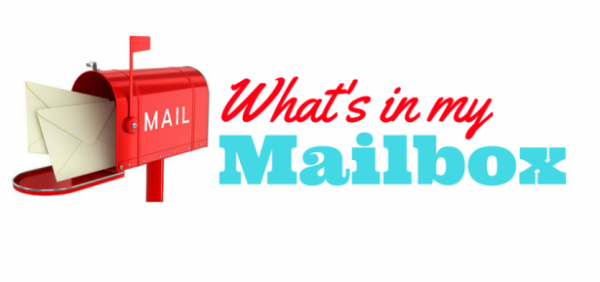
Your job, as a fundraising professional, is to secure the money to fully fund your mission. And the smartest way to do that is by building lifetime relationships. The kind of relationships that take your prospective supporter on a journey…from first time gift, to a repeat gift, to monthly and major gifts, to that final gift. A legacy.
The best way to do that is through retention fundraising.
But for far too many nonprofit organizations, the focus is on the short term. The next bright shiny object. It should come as no surprise, then, that donor retention is down more than 6%. This discovery comes from news via the AFP and their Fundraising Effectiveness Project, which you can check out here. Unsurprisingly, fundraising revenue is down by 2%.
WHAT HAPPENS NEXT?
It’s a simple question, but far too many nonprofits are so focused on GETTING the gift, that they fail to think through the steps necessary to grow the relationship AFTER.
Our six-week webinar training, Your Best Year-End Fundraising: THE SYSTEM, has been guiding participants through the steps toward building a fully integrated fundraising campaign. The response has been glowingly positive. The participants have been showing up, taking everything in, and going forth to implement. Yesterday’s final training, by the internationally renowned copywriter and donor retention communications expert, Lisa Sargent, is a power hour for perfecting your thank you letter.
Lisa is a master at her own craft and can help you hone yours. She recently sat down and took a good look at Julie Edwards’ letter. Julie is Executive Director at Humane Society of Northeast Georgia. There was a lot to appreciate when it came to Julie’s original submission, and I’m glad Lisa thought so, too. But check out her suggestions for improvement.
And then check out the after. Tell me it doesn’t pack a punch.
The thank you letter is a critical step. If you aren’t making yours all that they can be, then you’re doing your fundraising wrong. You aren’t working on growing your donor relationships, and you’re not giving your supporters what they deserve. Remember, your donor-centered fundraising is a process, so you aren’t going to get it 100% right the first time. But, as you’ll find with most journeys, each step will bring you closer. Consider your thank you a giant leap! Don’t be afraid to revise it. And revise it again.
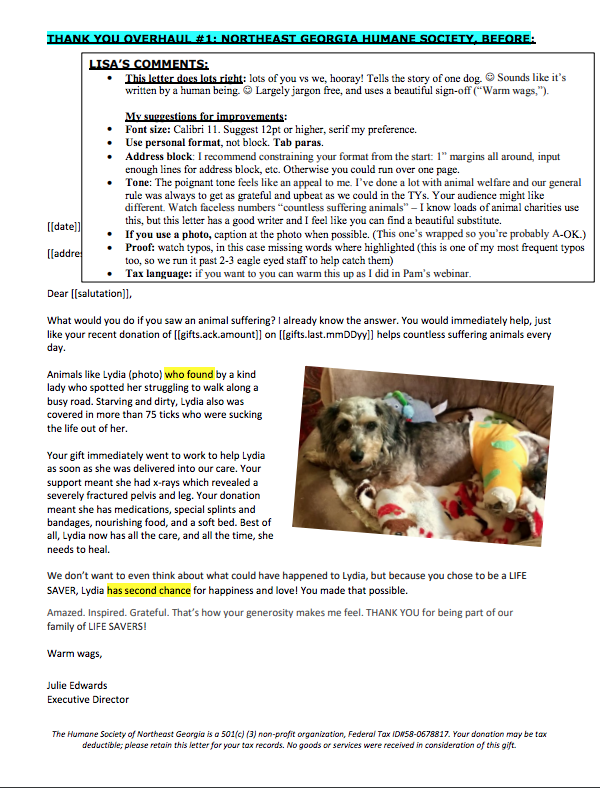
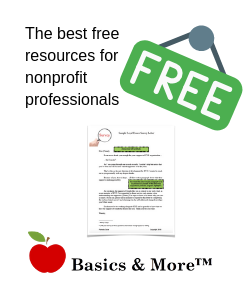
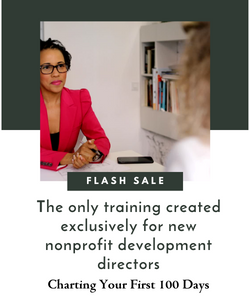
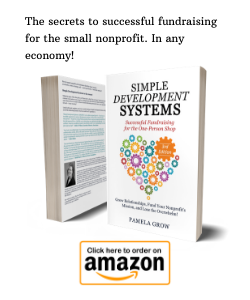
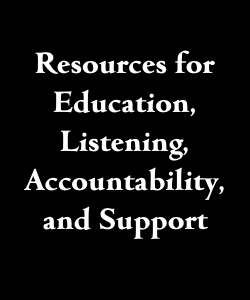
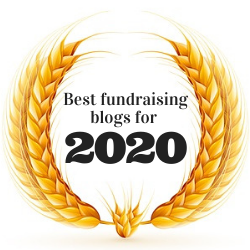
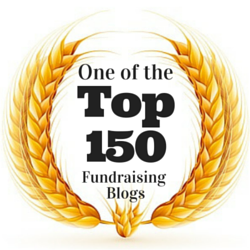
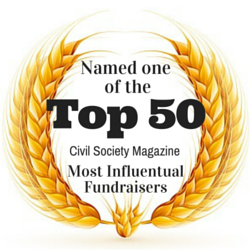
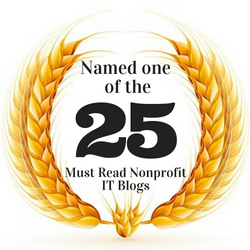
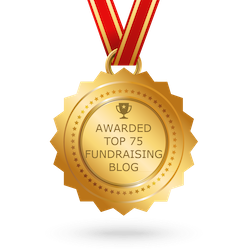
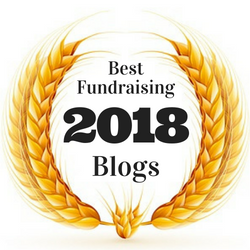
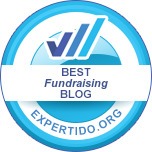
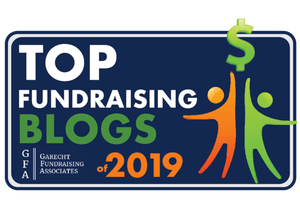
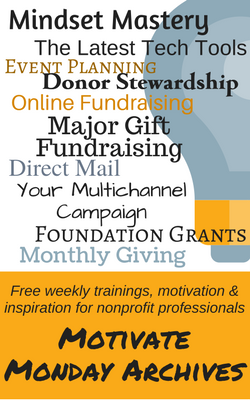
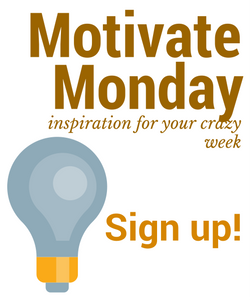
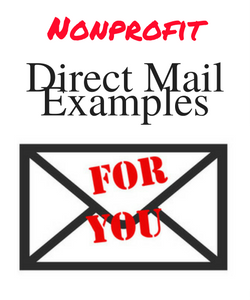
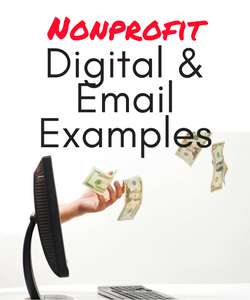

 I can’t wait to meet with you personally.
I can’t wait to meet with you personally.
Comments on this entry are closed.